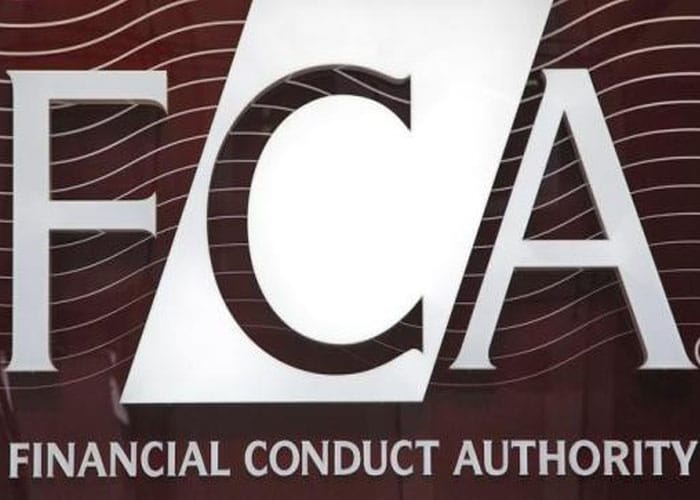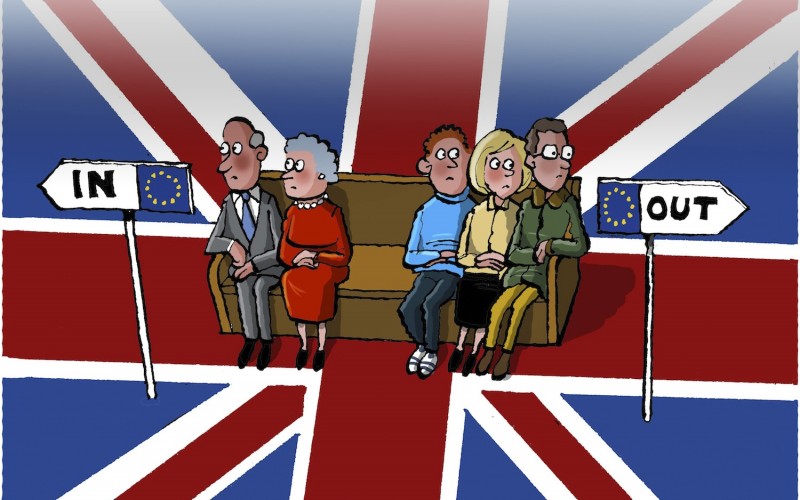 Back in mid-2012, a Q&A circular released by the European Securities and Market Authority (ESMA) put copy trading firms on high alert that regulation was impending. One of the key questions addressed in the document is the matter of whether trading signals could be considered to be investment management, and the answer given was that the technology providers and brokers that make these available would need to be licensed.
Back in mid-2012, a Q&A circular released by the European Securities and Market Authority (ESMA) put copy trading firms on high alert that regulation was impending. One of the key questions addressed in the document is the matter of whether trading signals could be considered to be investment management, and the answer given was that the technology providers and brokers that make these available would need to be licensed.
With financial regulations differing across EU countries, ESMA has no power to enact these suggestions – their findings are merely taken as advice for the various national regulators. The UK’s Financial Conduct Authority (FCA) responded in 2013 with a letter to brokers giving their view of copy trading. It defined copy trading as follows:
“Broadly the service is one whereby a ‘service provider’ operates a website or provides functionality to its own trading platform that gives investors the opportunity to choose to the trade signals of one or more signal providers and authorize the service provider to issue orders on their behalf.”
So, the long and the short of it is that this definition falls into the category of managing investments, and that copy trading services would therefore be required to be licensed. Also, they would be required to report to the FCA and provide an audit tail of copy trading.
On the subject of whether social features where users receive trade signals but copy the trades manually is considered ‘advice’, the guidance was less clear, and the letter did not answer the question decisively one way or the other. Also, the status of technology providers that offer copy trading services for brokers, PAMM account managers, and social trade leaders is still very much up in the air.
One thing that is likely to happen as the result of any incoming copy trading regulation is that many EU-based brokers will create offshore entities to onboard clients that hail from jurisdictions that have less regulation regarding copy trading. This will enable them to carry on providing less restricted copy trading services to at least some of their clientele.
We can also expect to see licensed asset managers partnering with brokers to become PAMM and social trading leaders, thereby providing a basis for sustainable copy trading that will fall on the right side of any incoming regulation.
The first copy trading provider to obtain an FCA license to act as an FX Investment Manager was Tradeslide. While it is not yet clear whether this will enable them to carry on with the current business model once regulations come into force, it does at least place them in a better position to adapt to any upcoming regulatory changes.
It is not completely clear at the moment whether licensed brokers that offer these services, such as social trading pioneer eToro, will have to extend their licenses in order to continue to offer copy trading. Speaking to Forex Magnates, eToro COO Avi Sela said that they were keeping an eye on developments from the FCA and ESMA to see where their current regulation fits in.
“Following the publication by ESMA, we have consulted with our lawyers and with the relevant regulators to make sure that based on our unique model we do not need to extend our license”, adding that operating the network and brokerage business together gives them more flexibility. “As eToro performs both the product development and the regulated financial operation, we can respond properly to changes in regulation and when needed, adjust our offering and authorizations accordingly.”
So, without any hard and fast guidance from the UK authorities on most of the issues at hand, copy trading providers are in something of a state of limbo. Whatever shape the regulation eventually takes, it is likely that many copy trading providers will have to alter their business model. What is for sure is that social and copy trading is here to stay in the UK, but it may well have to adapt to survive.
Tradersdna is a leading digital and social media platform for traders and investors. Tradersdna offers premiere resources for trading and investing education, digital resources for personal finance, market analysis and free trading guides. More about TradersDNA Features: What Does It Take to Become an Aggressive Trader? | Everything You Need to Know About White Label Trading Software | Advantages of Automated Forex Trading















































